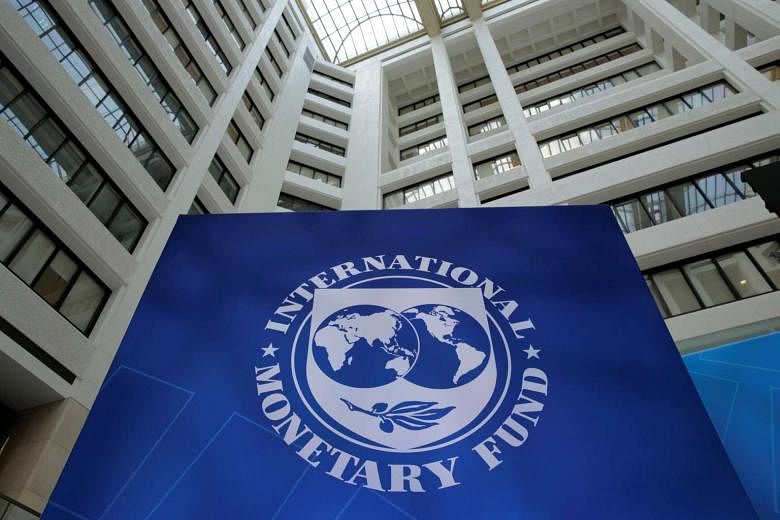There are encouraging signs that growth in the Asia-Pacific region will pick up this year on the back of a more favourable global economy - but significant risks remain.
Rising interest rates and growing protectionist sentiments worldwide could threaten this fragile recovery, with the outlook for the Asia-Pacific still "clouded with uncertainty", the International Monetary Fund (IMF) said in its latest forecast for the region.
The IMF estimates growth for the region to increase this year to 5.5 per cent from 5.3 per cent last year.
Growth will remain strong at 5.4 per cent next year, as the region continues to be a key driver of the global economy, the report said.
It also cited a more sanguine global outlook - with growth accelerating in many major advanced and emerging market economies - as supporting Asia's prospects.
A larger-than-expected fiscal stimulus in the United States, for instance, or stronger business and consumer confidence in advanced economies, could provide a further boost to Asia's exports and growth.
"The signs of growth in the region are encouraging so far. The policy challenge now is to strengthen and sustain this momentum," said Mr Changyong Rhee, director of the IMF's Asia and Pacific department.
But risks are looming on the horizon. If increased US government spending results in higher-than-expected inflation pressures, the Federal Reserve could increase the pace of interest rate hikes in response, leading to a stronger greenback.
This could adversely impact Asian economies by triggering capital outflows, the report noted.
A bumpier-than-expected transition in China or geopolitical tensions in the region could also weaken growth in the short term.
Asian economies are also "especially vulnerable" to protectionism because of their reliance on trade.
The IMF said: "A global shift towards inward-looking policies could suppress Asia's exports and reduce foreign direct investment to Asia."
Mr Rhee told a briefing here yesterday that French President-elect Emmanuel Macron's win over far- right candidate Marine Le Pen, an economic nationalist, made him more optimistic that major trade tensions would ease. "I think the result of the French election really shows that it's good news to open trade and globalisation, and it reduces the uncertainties of the euro zone," he said.
ING chief Asia economist Tim Condon thinks the export recovery will make it easy for regional growth to surpass last year's 5.3 per cent pace.
"However, I read the IMF report as a warning," he said. "By contrasting South-east Asia, where 'robust domestic spending' is driving faster growth in 2017, with South Korea, where weak consumption is holding back growth despite a recent pickup in exports, the IMF implicitly criticises Asia's upper-income countries, including Singapore, for overly tight policies that hold back domestic spending and produce outsized external surpluses."
In the longer term, Asia needs to tackle its ageing population and lacklustre productivity growth, said the IMF. The report noted that Asia is ageing rapidly compared with Europe and the US, which means a shrinking workforce and rising healthcare costs. This puts pressure on government budgets and can translate into lower growth.
The report estimates that over the next three decades, demographic trends could subtract 0.5 percentage point to 1 percentage point from average annual economic growth in relatively old Asian economies such as China and Japan.


